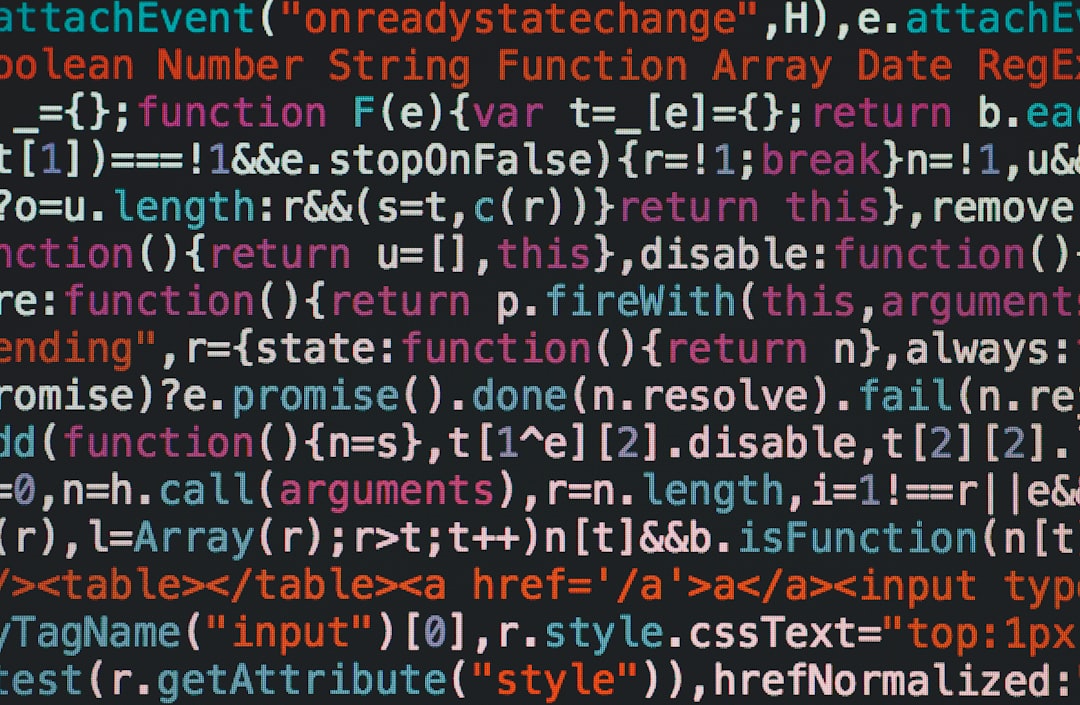What is it about?
Due to the surge of spatio-temporal data volume, the popularity of location-based services and applications, and the importance of extracted knowledge from spatio-temporal data to solve a wide range of real-world problems, a plethora of research and development work has been done in the area of spatial and spatio-temporal data analytics in the past decade. The main goal of existing works was to develop algorithms and technologies to capture, store, manage, analyze, and visualize spatial or spatio-temporal data. The researchers have contributed either by adding spatio-temporal support with existing systems, by developing a new system from scratch, or by implementing algorithms for processing spatio-temporal data. The existing ecosystem of spatial and spatio-temporal data analytics systems can be categorized into three groups, (1) spatial databases (SQL and NoSQL), (2) big spatial data processing infrastructures, and (3) programming languages and GIS software. Since existing surveys mostly investigated infrastructures for processing big spatial data, this survey has explored the whole ecosystem of spatial and spatio-temporal analytics. This survey also portrays the importance and future of spatial and spatio-temporal data analytics.
Featured Image

Photo by NASA on Unsplash
Why is it important?
Surveys are always crucial for current and future researchers to know about the state-of-the-art. Surveys also help to choose a data analytics system based on application requirements. Therefore, we hope that the accumulated information in this study will be useful for researchers, practitioners, and developers who are currently working or who want to work in the area of spatio-temporal data analytics.
Perspectives
We hope that this survey will help researchers, developers, and other stakeholders towards furthering the state-of-the-art.
Md Mahbub Alam
Dhaka University of Engineering and Technology
Read the Original
This page is a summary of: A Survey on Spatio-temporal Data Analytics Systems, ACM Computing Surveys, January 2022, ACM (Association for Computing Machinery),
DOI: 10.1145/3507904.
You can read the full text:
Contributors
The following have contributed to this page










